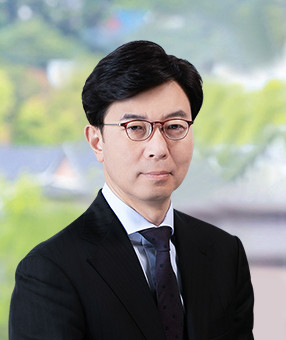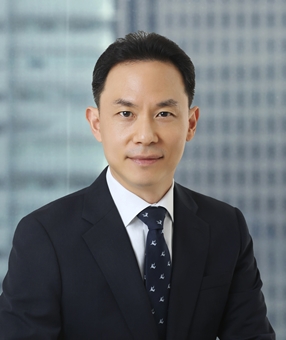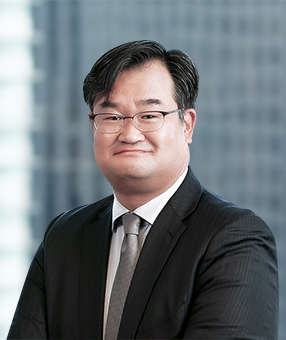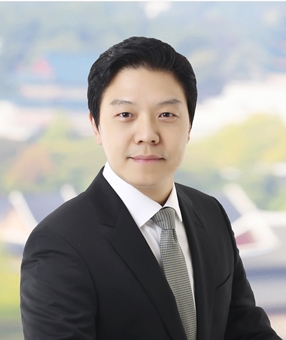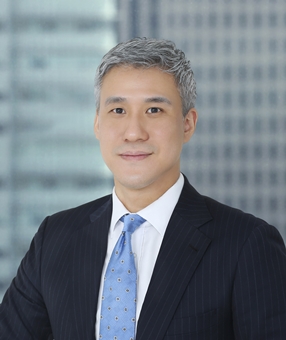Starting in 2021, the notion of transferring primary investigative authority from the PO to the police has been a major national agenda item and political issue. In 2022, legislation implementing the so-called “prosecution reform” was adopted, which amended relevant provisions of the Prosecutors’ Office Act and Criminal Procedure Act in 2022, resulting in a substantially reduced number of investigation types in which the PO exercised primary investigative authority and expanded investigative authority of the police. Subsequently, this shift of authority to the police has been abated to some extent, with the adoption of more detailed internal regulations and rules which reverted some supervisory authority back to the PO. However, as a general trend, the police are now playing the primary role with expanded investigative powers, including those involving overseas companies.
Overseas companies frequently encounter challenges in criminal investigations as the police tend to apply a “one-size-fits-all” approach, employing traditional investigative practices typically used for domestic companies without adequately accounting for the distinctive characteristics of overseas enterprises operating in Korea.
The police conduct investigations under the assumption that overseas companies, similar to domestic companies, operate as hierarchical “top-down” organizations, where all important matters are reported to, and approved by, the senior management (e.g., representative director, CEO or country managers). In numerous investigations, an overseas company has to convince the police that, under a “matrix” system, responsibility for certain functions may not lie with the senior management at the local office. As a consequence of the approach adopted by the police, management-level executives are often booked as suspects and subject to criminal investigation, even when their responsibilities and/or activities may fall clearly outside the scope of the allegations.
Even when the main business operations are managed by the head office or regional centers and the Korean branch is engaged in separate business activities while providing only ancillary support, the police often treat them as a single actor.
On the other hand, the police have also shown a tendency to summon and investigate overseas executives residing outside of Korea, based on the fact that they have been criminally accused or were included in the reporting line for the matter at issue.
In light of the above, it is becoming important for overseas companies that have a presence in Korea to develop a response plan which enables the company to actively respond at the earliest stages of a police investigation. In particular, formulating defense strategies customized to the unique organizational structure and operation of overseas companies will be critical in minimizing the scope of investigation and potential criminal charges.
Related Topics
#Police Investigation #Overseas Company #Compliance #Outlook #Legal Update





